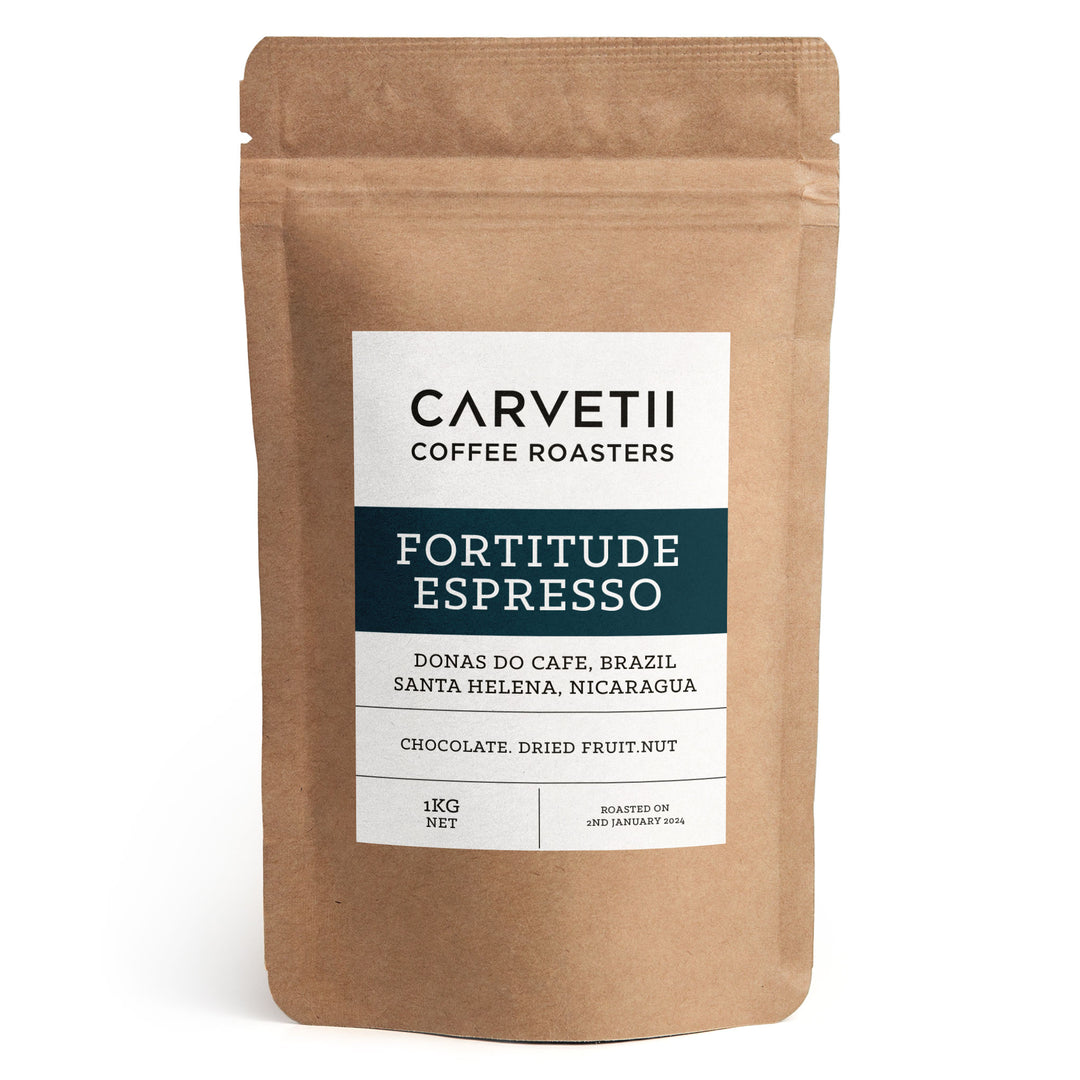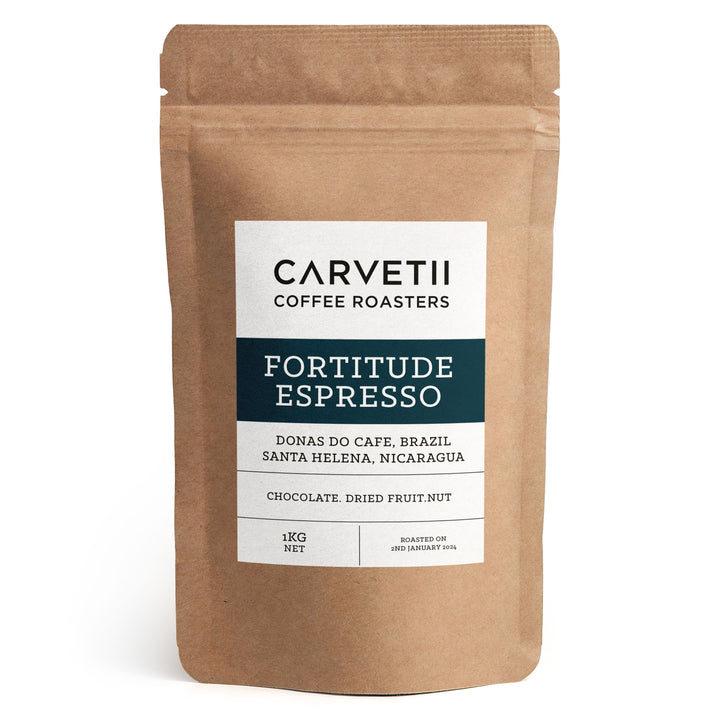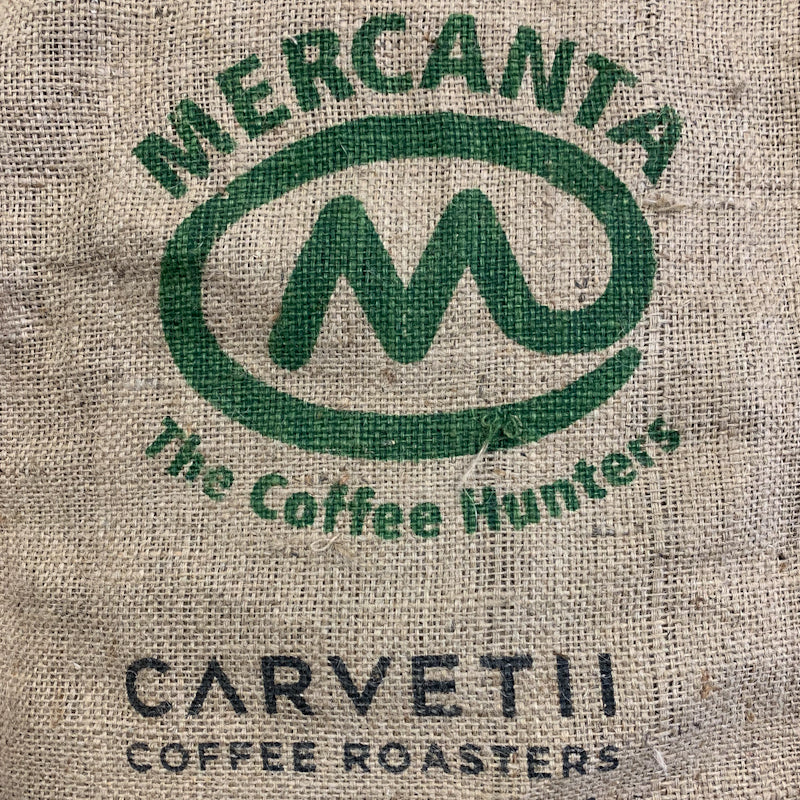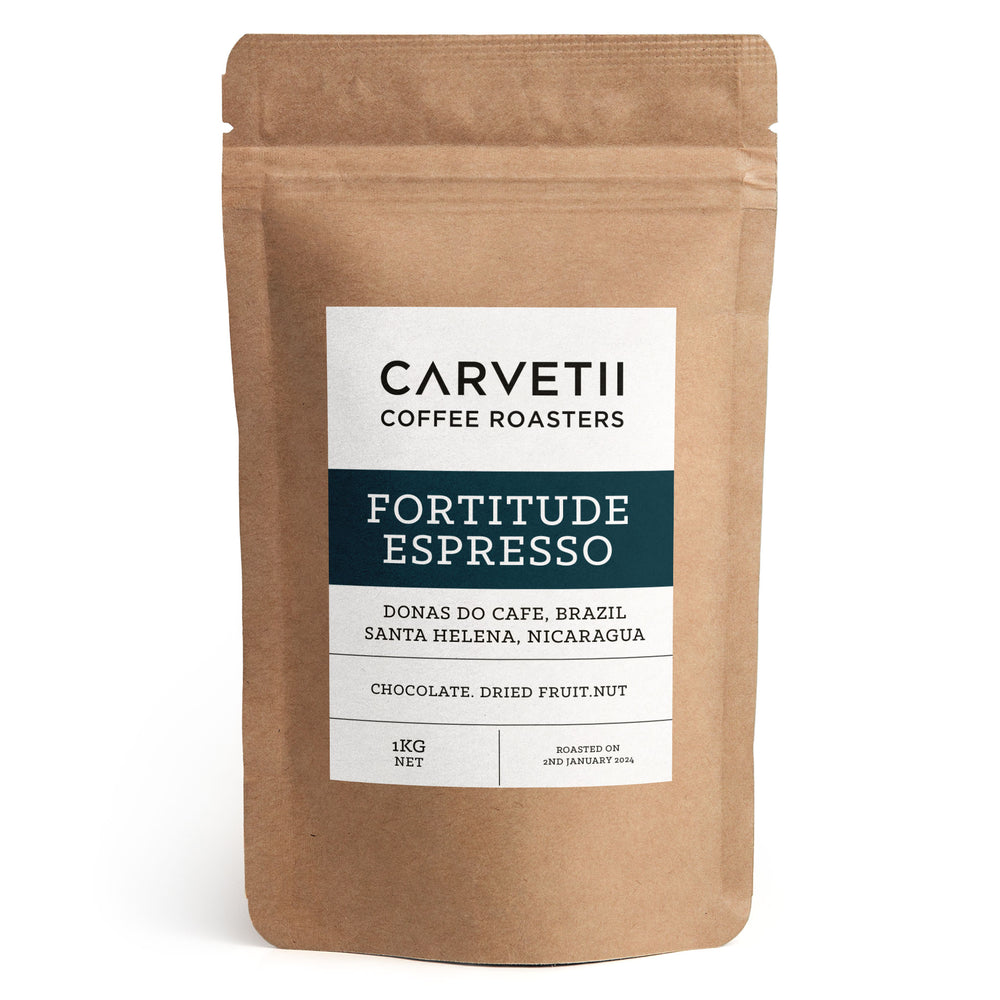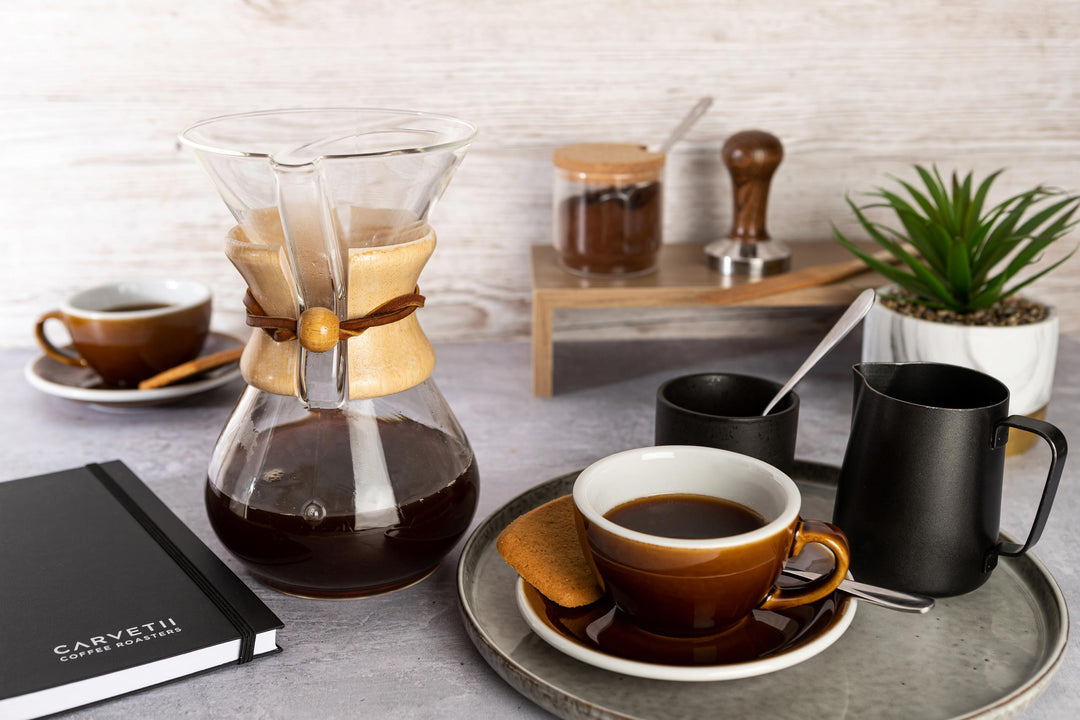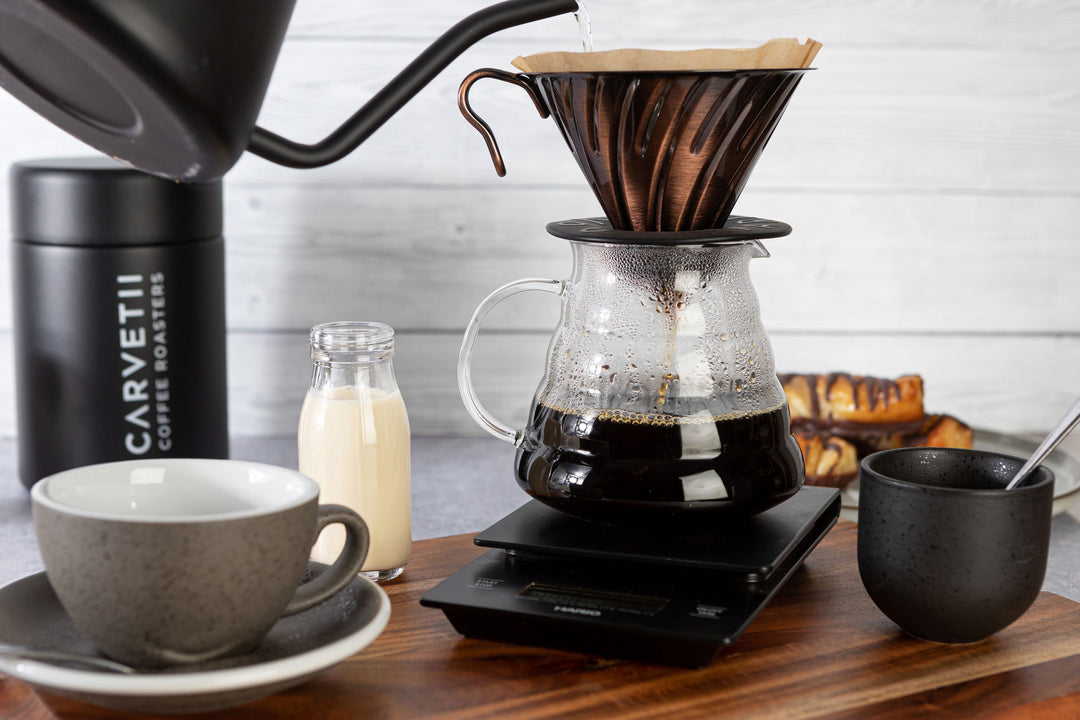Fortitude Espresso
Our current Fortitude Espresso is all about female producers from Brazil and Nicaragua. Here we share their stories.
JOSIANA MORAES
Fazenda Santa Cruz
In Paraguaçu, deep within Sul de Minas, Josiani Moraes and her husband purchased a plot of land for coffee. There was plenty of work to be done, starting from scratch with the crops and processing facilities, whilst also caring for the surrounding forests and lakes within her land. She is dedicated to agribusiness, and has thrived at Fazenda Santa Cruz, her hard work revealed in her high-quality coffee across her 650 hectares of land.


MARLENE MAGALHÃES BACHIÃO
Sitio Prata
Marlene Magalhães Bachião grew up on a coffee farm and learned all about the production from her father. With her husband in Nova Resende within the Sul de Minas region, she works on her 8-hectare farm utilizing the skills she learned as a child. The flat plains allow ease with machines when harvesting. The farm is located 1,150 meters above sea level, and Marlene works diligently to produce excellent quality coffee.
ANDREIA OLIVEIRA
Fazenda Canta Galo
Andreia Oliveira grew up surrounded by coffee and learned from her grandparents and parents the art of the trade. She now owns and manages the family farm of 400 hectares with her brother and works to not only improve the quality of the coffee, but also preserve the history of her family. Her farm is situated at 1,120 meters above sea level. She cares deeply about cultivation, management, the ripening process, and the drying of the coffee. Each step must be meticulously executed to ensure the necessary steps are taken to attain high quality.


SANTOS FILOMENA GRADIZ
Finca Santa Helena
In the northern reaches of the country is the region of Nueva Segovia, bordering Honduras with high mountains ideal for coffee production. It is here, in the community of Las Nubes in the Dipilto municipality where Finca Santa Helena is situated. The farm has been in the Gradiz family for many generations but has recently been under the ownership of Santos Filomena Gradiz for 15 years. The farm was named after Saint Helena, someone who Santos Filomena’s grandfather worshipped.
The farm is broken up into lots based on altitude and area. This specific lot is called Linda Vista because the area surrounding the farm is beautiful.
Thanks to the rich soils at Finca Santa Helena, Santos Filomena is able to grow Caturra, Red Catuaí, Maracaturra, Java, Marselleza, and Catimor. This specific lot is comprised of Caturra and Red Catuaí.



